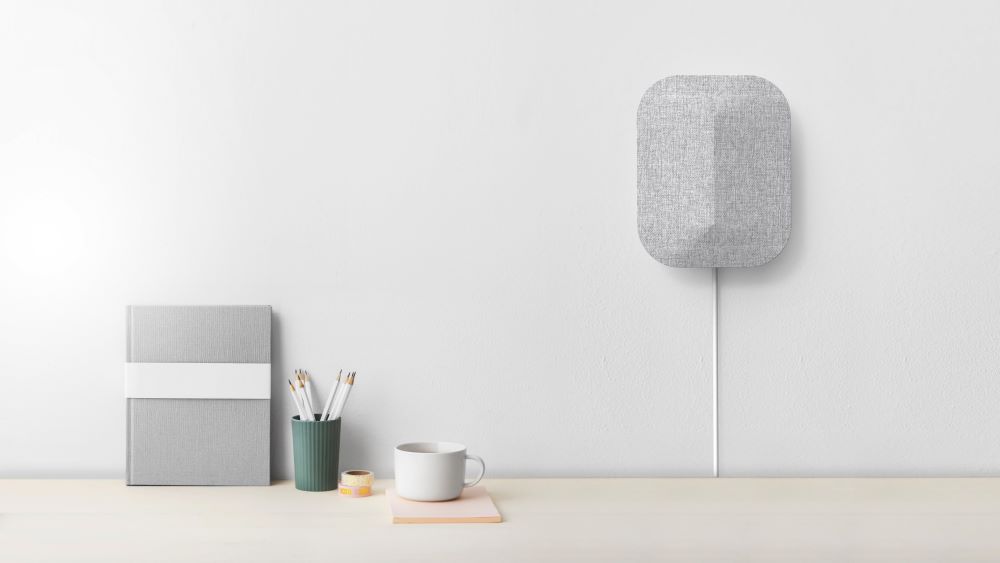What Is a Cell Phone Booster?
Posted on 1/30/2022 by Web Admin
What is a cell phone booster, and how do they work?
Today, we depend on cell phones for day-to-day communication. Being able to communicate on the go is critical, but unfortunately, cell phone signal strength is not uniform across the whole country. In fact, it’s not uncommon for people to have great signal at home only to find that reception in their office is poor, or vice-versa. You might go out of town and have plans to check in with work or family back home, only to find that there’s no signal at your camp site.
Cell phone boosters are designed to solve that problem at home, at work, or in your vehicle, so you can keep right on using your phone or other device as normal in areas with poor coverage.
What is a cell phone booster?
Cell phone boosters are high-tech devices that amplify the existing mobile phone signal, improving coverage within the range of the device. You can use a cell phone booster to get a better signal at home, in the office, or in remote or rural areas while traveling in your vehicle or RV.
It’s important to note that cell phone boosters amplify the signal that is already available, even if it’s weak. If there’s no coverage at all in a given area, there is nothing for the booster to boost. However, these devices can amplify incredibly weak signals, so if coverage is spotty or the signal is just weak, there is a high probability that installing a booster will give you a usable signal.
How do cell phone boosters work?
Now that we’ve answered your first question, what is a cell phone booster, let’s talk about how they work.
Cell phones communicate with cell towers using radiofrequency (or RF) waves. These RF waves are a form of energy that falls somewhere between FM radio waves and microwaves on the electromagnetic spectrum.
In open air, these waves can travel pretty far. Unfortunately, they lose a lot of power when having to travel through walls or much longer distances. This is why cell phone signals may be weaker indoors, in areas with a lot of tall buildings, or in remote places where cell towers are very far away.
Cell phone boosters work by using a donor antenna on the outside of a building, in an area with better reception. The donor antenna captures any existing signal and passes it through a cable to an amplifier (or booster). The amplifier then sends the boosted signal to transmitters or antennas installed inside the building or vehicle, allowing those inside to use the stronger signal.
Can cell phone boosters work for calls and data?
What is a cell phone booster for? Cell phone boosters are for any transmission made on celluar devices, including calls, text messages, and data. They can amplify 3G, 4G, and LTE signals, and modern devices like weBoost products can amplify 5G signals too. This means they’ll work far into the future.
Some people who live in areas with very poor cell reception opt to turn on WiFi calling so they can use their dedicated internet connection to make calls. While there are some benefits to WiFi calling, the calls can be laggy if your connection is slow or bandwidth is limited, and there may be restrictions on international calls. Using a signal booster often means you’ll have better call quality and less lag.
How can you tell if your signal booster is really working?
Well, you can’t simply look at the bars on your phone to see the strength of your signal. This is because the signal bars shown in the status bar at the top of your phone screen aren’t standardized. So where one phone might show four bars of signal in a room, another model might show two or even one bar.
This has to do with how the reception is reported between cell phone brands and models. It’s not because the quality of reception is different for each phone.
To tell if a cell phone signal booster is working, look in your phone’s settings for the signal strength information or use the free weBoost App. In absence of the app, you can use the tips in this video.
Can you get mobile signal boosters for the home?
There are several at-home signal boosters on the market today. If you have poor signal in your house or even just in specific rooms, an at-home signal booster could be a good option for you.
What is a cell phone booster for home comprised of? Every booster has the same basic components described above: an outside or donor antenna, a booster or amplifier unit, and an inside antenna.
At-home signal boosters rely on an outside antenna that should be positioned in whatever area receives the strongest signal. This antenna transmits the signal that it picks up to a booster inside your home, which can then feed the signal to your living room, office or other rooms via the inside antenna.
If you’re considering purchasing an in-home signal booster, make sure you choose the right one for your property and that the signal booster is both FCC-and carrier-approved. All weBoost products have these certifications.
Do signal boosters work in remote areas?
Signal boosters can be helpful for people who live or work in remote areas. Many people get mobile signal boosters installed in their car, truck or RV to improve their cell phone signal while they are on the go.
Cell phone signal boosters work only if there is some signal to boost; they’re not designed to create a signal. There are parts of the country where certain carriers have no coverage at all, and in those areas, a signal booster would be of no benefit.
Our vehicle signal boosters come with strong antennas that can pick up very weak signal. It’s possible for a mobile phone to show no bars, but for an antenna to pick up a signal strong enough to be useful with a signal booster.
Are signal boosters really useful?
Mobile data on 4G and 5G networks is very fast, so fast many people get better upload and download speeds from a mobile data plan than they do from their static in-home connection.
Despite its advanced speed and capacity, the way 5G signals work means that signal boosters could become even more important as 5G expands. Signals that are part of the 4G infrastructure use frequencies below 6GHz. In contrast, 5G works using frequencies between 30GHz and 300GHz. There are a lot of benefits to 5G:
- It supports more devices per meter
- Latency is lower
- Speeds are higher
Unfortunately, 5G’s higher frequency means it will be more susceptible to disruption. Thick walls, concrete, steel and other building materials could weaken a 5G signal more severely than a 4G signal.
Combine this with a phased roll out — which means that, in the near future at least, there will be fewer 5G towers than 4G towers — and it’s likely many people who want to make full use of 5G will need a signal booster. After all, what is a cell phone booster for but to deliver more connectivity to more people?
Our signal booster installation services
If you’re interested in having a signal booster installed in your home, office or vehicle, take a look at our collection of products today. Our DIY-installed signal booster kits are easy to install with the help of how-to videos in the weBoost App. Our best-in-class home and office products (Installed Home Complete and Office 200 Pro Installed) come with professional installation included in the price.
Our team would be happy to advise you on which booster is most suited to your property and help you get the best possible cell phone signal in every room. Give us a call at 1-866-294-1660 to learn more.




